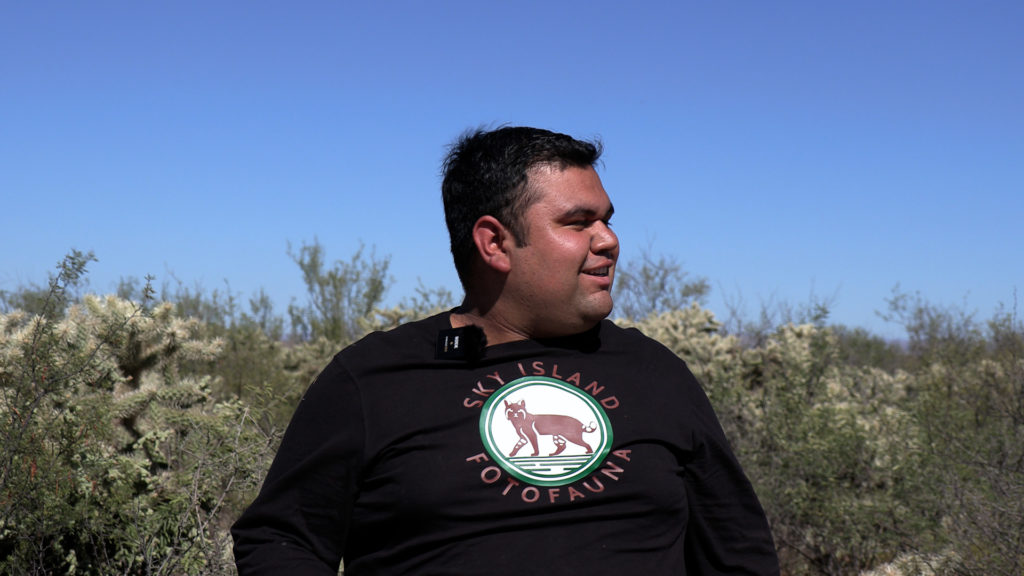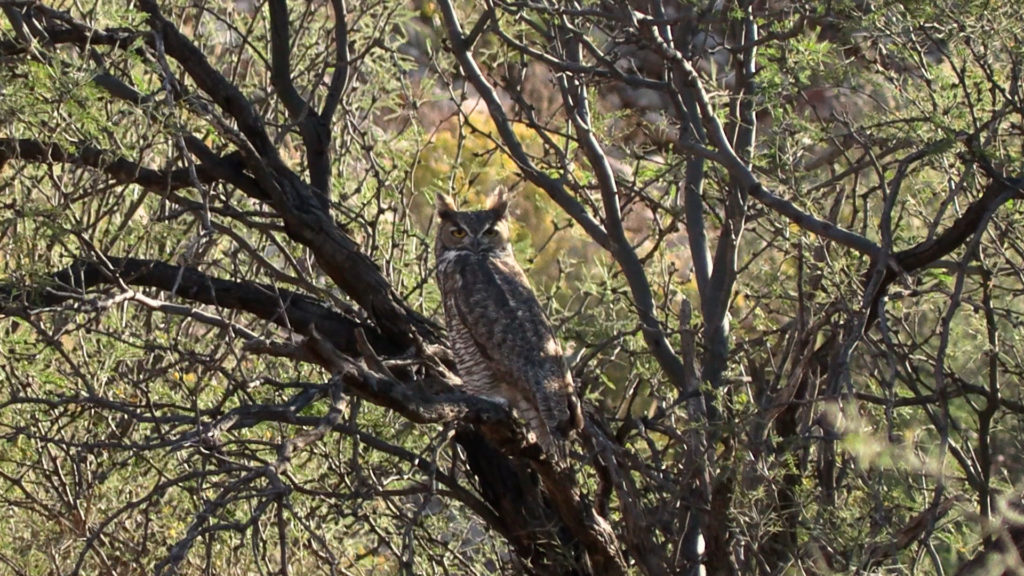I recently came across a Mexican-Spanish word that I could make neither heads nor tails of:
Nortear o Nortearse
I was translating an interview, conducted by Ammi Robles, with Sky Island Alliance’s Sonoran Wildlife Specialist, Miguel Francisco Enríquez Galaz.
Miguel grew up on his parents’ ranch in Sonora, MX. As a child, he learned how to bring wayward animals back home by himself. Thus, he feels comfortably oriented navigating the desert highlands.
Ammi: ¿Nunca te has norteado por estas zonas, Miguel?
Miguel: Afortunadamente, no. Si una persona no llega a conocer esta área, sí es fácil de nortearse. Cuando estaba más chico, mi papá me dejaba aquí. Si encontrábamos así vacas, como las vieron, o caballos, me decía, “Miguel, vete caminando al rancho, llévate las vacas y llévate los caballos, porque son mansitas y se van fácilmente”. Yo de aquí me iba caminando al rancho
Ammi: Have you ever gotten lost in these areas, Miguel?
Miguel: Fortunately, no. If you don’t know this area, it’s easy to get lost. When I was younger, my dad would leave me here. If we found cows, like the ones you saw, or horses, he’d tell me, “Miguel, walk back to the ranch. Take the cows and horses with you. They are gentle and follow you easily.” I would walk from here back to the ranch.

Miguel tells us why he is not norteado. Sonora, MX

This is not the cows that Miguel was speaking of… it’s a búho cornudo or horned owl! Miguel pointed it out during the interview. Sonora, MX
Oriented North or Lost?
A simple copy and paste into spanishdict gave me puzzling translations. It took some digging to get to the bottom of this word’s Mexican meaning!
Depending on what country was consulted, nortearse could refer to “being oriented (north)”, “going the correct way”, “to lose one’s sense of direction”, or “a strong wind”.
The Mexican-based definitions that referring to being lost clicked Miguel’s translation into place. But, I was now in deep. I needed to know more about how one’s “north” equaled a disoriented person.
Nortearse, Orientarse, y Disorientarse
The Mexican linguist José G. Moreno de Alba recognized the unique Mexico definitions of the nortearse and wrote a a lovely meditation on the word. Below is a poor translation:
“Perhaps because the sun appears in the east, where, figuratively, everything begins, this cardinal point is considered as an obligatory reference if one wants to allude to the fact of placing someone or something in a certain position with respect to the other cardinal points. Thus, from Oriente comes orientar(se), which not only means to place or determine the position of something in relation to the South, the North or the West, but also to inform one about what one does not know, to direct something towards an end, in addition to other specialized senses in the field of geography and navigation. Perhaps it can be said that the East (el Orient) is the cardinal point par excellence. The word is not limited to this meaning, for it can also have the sense of the source of a thing, or it can also indicate Asia and regions of Africa and Europe. There are several words that either derive from the East (el Orient) or are semantically and phonologically related to that word: orientation, orientador, orientalism, orientalism, orientalist, orientar.
If the verb orientar is preceded with the prefix “des”-, its its antonymous voice disorientar(se) appears: ‘to lose one’s bearings, to be unaware of one’s geographical or topographical location, to go astray’. Figuratively speaking, it can be equivalent to ‘to get confused/confundirse‘.
El vocablo Norte, además de designar el punto cardinal ‘que cae frente a un observador a cuya derecha está el Oriente’, y de hacer alusión a otros referentes específicos, también nombra, figuradamente, la dirección o guía, aludiendo sin duda a la estrella polar que sirve de señal a los navegantes. Si nos basamos en esto último, el verbo nortear(se) debe significar algo semejante a orientarse. Efectivamente, el primer sentido de nortear, según el DRAE [Diccionario de la lengua española], es ‘observar el Norte para la dirección del viaje’. También con nortear se puede significar el hecho de que el viento decline hasta el Norte…
The word North/Norte, besides designating the cardinal point ‘that falls in front of an observer to whose right is the East’, and alluding to other specific referents, also names, figuratively, the direction or guide, undoubtedly alluding to the polar star that serves as a signal to navigators. If we base ourselves on the last, the verb nortear(se) must mean something similar to orienting oneself. Indeed, the first meaning of nortear, according to the DRAE [Dictionary of the Spanish Language], is ‘to observe the North for the direction of travel’….
What almost no dictionary points out is the peculiar value that the verb nortear(se) has in Mexican Spanish, which becomes a synonym of disorientar(se) both in the direct and figurative sense: “I did not arrive because I was walking disoriented/no llegué porque andaba norteado“, “pay attention, do not get lost/pon atención, no te vayas a nortear”. It is difficult to find out the cause of this peculiar semantic value of nortear(se), especially if we consider that in Mexico north/norte can also mean an indication or sign that serves to orient someone (“they gave him a direction for him to find what he was looking for / le dieron un norte para que encontrara lo que buscaba”). Perhaps, here, the one who confuses the cardinal points, who takes the North for the West, who, figuratively, does not understand or misinterprets the indications and signs, who does not get his bearings, is called norteado.
